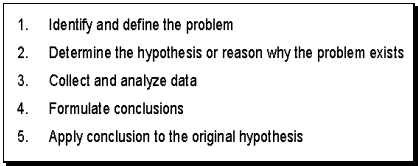
Virtual Out-of-Body Experiences Can Make People Less Afraid of Death
Here’s an application of virtual reality you probably haven’t heard of yet: reducing people’s fear of death.
Recently, a team of researchers from Barcelona and London collaborated to simulate out-of-body experiences using virtual reality. They found that virtual out-of-body experiences (OBEs for short) can make people less afraid of death but that some virtual OBEs do this more effectively than others.
Of course, before they could create virtual out-of-body experiences, the researchers first had to give people virtual bodies. To this end, they programmed virtual reality bodies that were synchronized with participants’ real bodies, so people could move the virtual bodies by moving their own bodies and “feel” what the virtual bodies were feeling. According to the paper, this setup gave participants “a strong feeling of body ownership.”
Now here’s where things get interesting. To simulate an out-of-body experience, the researchers had the participants’ viewpoint detach from the body and float up and away. For some of the participants, the synchronization with the virtual body ended at this point, so they could no longer control the body or feel what it felt. For others, the researchers kept the synchronization going so the participants could still control the body, just with an out-of-body perspective.
For both sets of participants, having the vantage point shift resulted in an out-of-body illusion. However, the group who no longer controlled the body once their perspective floated away reported feeling a stronger sense of disownership of the body. And at the end of the experiment, the people who’d had control of the virtual body severed when their viewpoint moved out of the body reported being less afraid of death on average than the other group.
Apparently, then, even the experiences people have in virtual reality can shape how they approach the idea of life and death. Researchers are increasingly showing interest in virtual reality’s therapeutic potential, and it’s possible that virtual reality will become a part of the psychological treatments of the future – after all, if virtual reality can reduce people’s fear of death, there are probably a lot of other unexpected things it can do waiting to be discovered!
Image: Flickr/Louish Pixel under CC BY-NC-ND 2.0